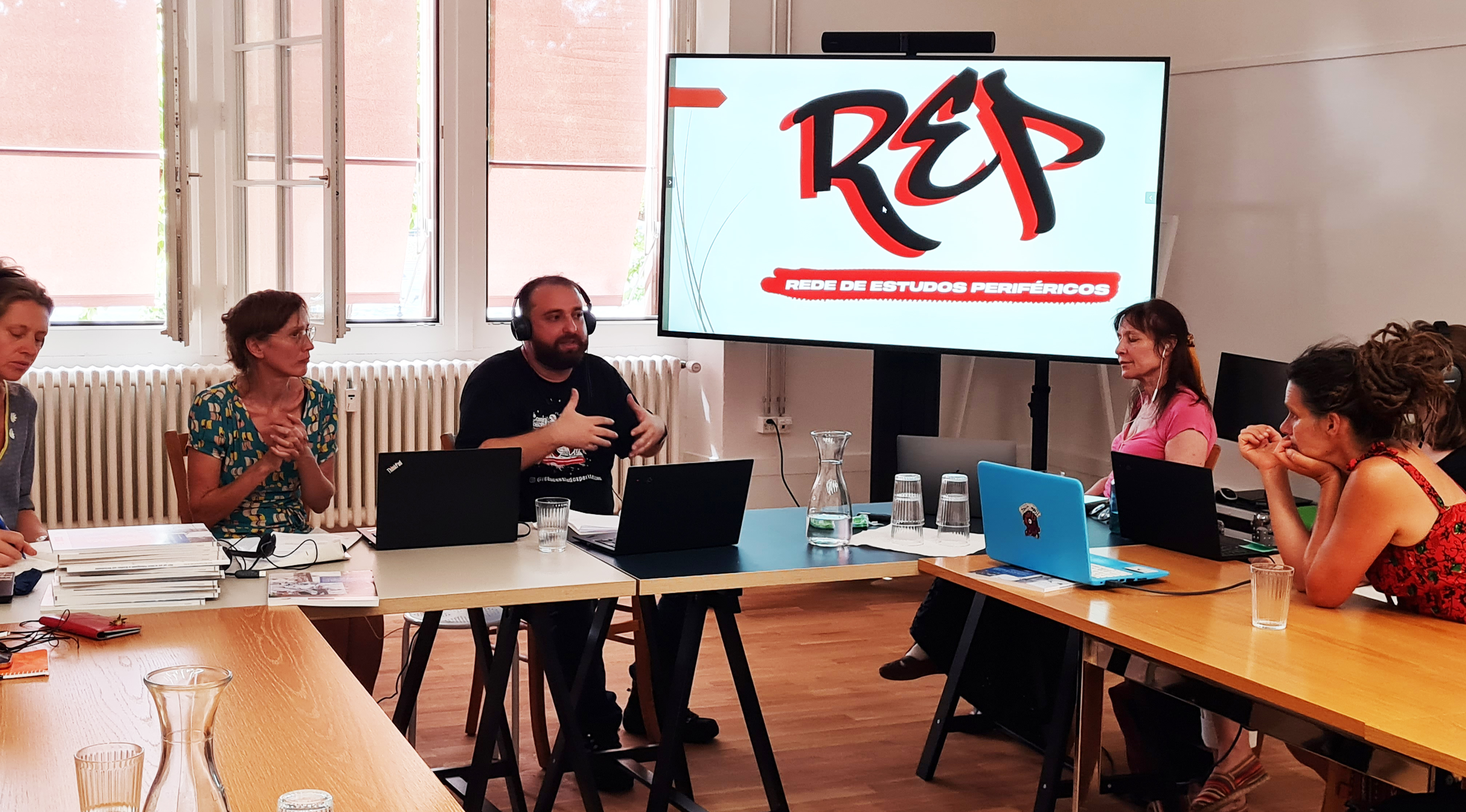Brazilian cities are marked by high levels of armed violence that often have the characteristics of an “undeclared conflict” due to the war-like police operations that terrorize entire peripheral and racialized neighborhoods. This violence is embedded in much larger economic, cultural, and political forms of violence that especially affect the racialized and urban poor.
In the Brazilian state of Maranhão, with one of the world’s highest levels of social inequality and a deep slavery heritage, we recognize a “state of emergency” in the urban and rural communities. Large portions of the population, with a well-defined racial and class divide, are recurrent targets of violence by private and State agents. In the public debate as well as policy responses, the structural root causes of urban violence are generally overlooked.
Therefore, excluded and discriminated populations in the periphery are crucial actors in deepening public discourse and changing perspectives in policy making. The Network for Studies of the Periphery (REP – Rede de Estudos Periféricos) is an outstanding example of how these actors can produce knowledge in contexts where official statistics do not realistically reflect the extent of violence, especially police violence. This organization gathers researchers from marginalized communities to document and reveal officially neglected and denied facts about urban violence. Starting from the point that knowledge is built in a complex network of collaborations, the REP emphasizes knowledge’s cumulative, democratic and horizontal character. It conducts research based on a pluralist and analytical method by engaging peripheral actors, their practices, and their form of representation.
The initiative is the result of an education policy between 2003 and 2016 implemented by a left-wing government in Brazil, which promoted the access of millions of young black, indigenous, and people of color to universities. In many cases, these young people were the first generation in their families to benefit from this opportunity. Today, they produce knowledge in several areas.
Such networks, composed of actors with significant research and pedagogical experiences, exchange knowledge between universities and marginalized communities and propose new reflections and points of view. With a multidisciplinary and inter-institutional approach, they specialize in the Brazilian periphery, are linked to the Federal University (UFMA) and the Federal Institute (IFMA), and have a particular focus on Maranhão, understood as a social complex marked by the diversity of political-economic and cultural phenomena.
To criticize and deconstruct the “war paradigm” that has become dominant in Brazil’s public security field, REP’s partner, the Safety Observatories Network, works as a network of networks where different initiatives connect. In the area of “data activism,” seven organizations from the seven states Bahia, Ceará, Maranhão, Pernambuco, Piauí, Rio de Janeiro, and São Paulo have united to monitor, interpret, and publish data and information about public security, violence and human rights, in permanent dialogue with civil society and social movements.
REP and Safety Observatories Network bring together those who have experienced the most brutal side of daily life on the periphery. They contribute to rewriting history from the point of view of the oppressed, with a critical analysis of the usual dominant narratives – the State, the media, and corporations.


